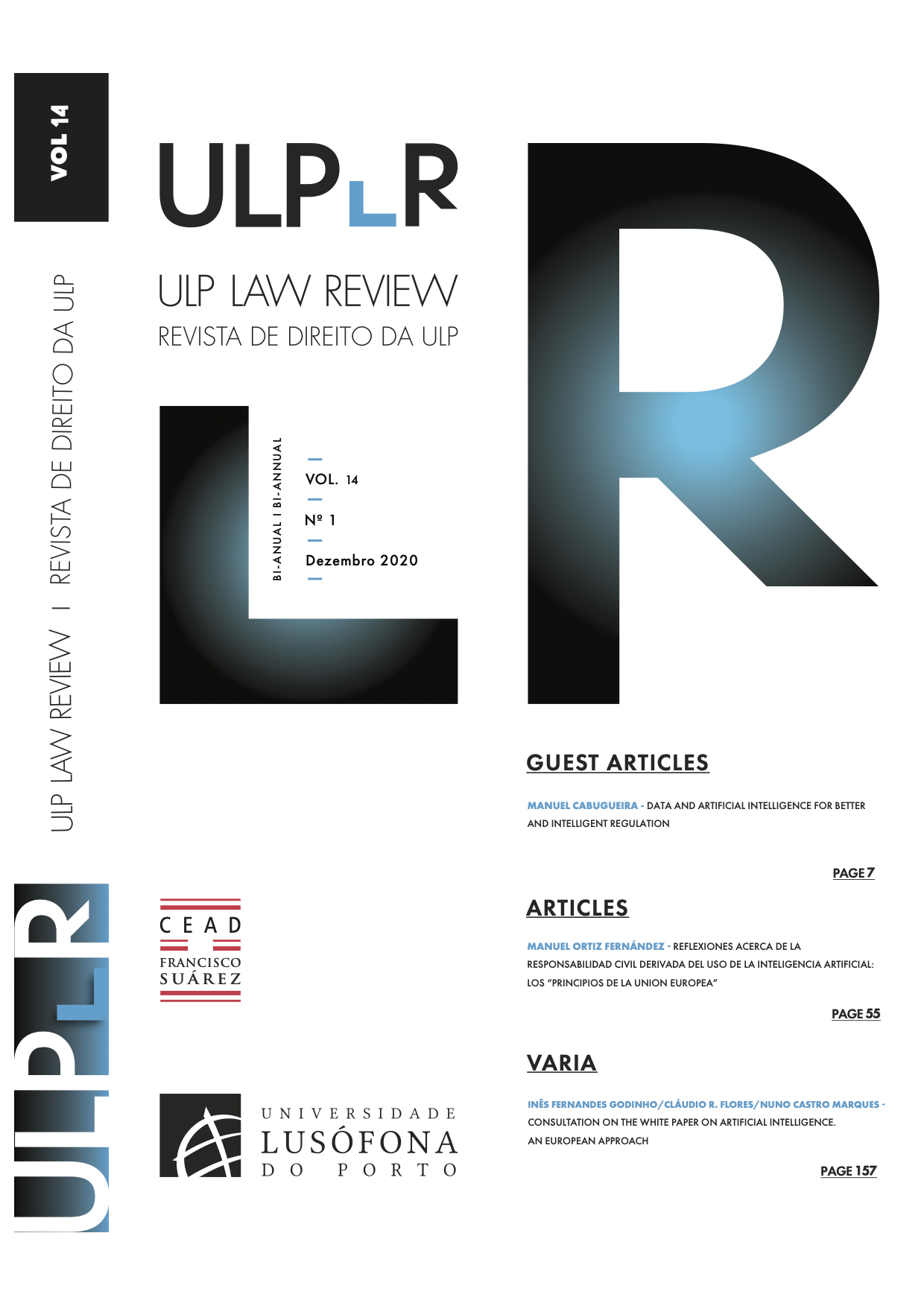HUMAN MORALITY, MACHINE MORALITY: PROGRAMMING MACHINE ETHICS AS A LEGAL PROBLEM
Abstract
This article begins with a contextualization of the artificial decision and of the fields of action of autonomous software and machines, considering the underlying need to establish ethical-legal programming standards.
The fundamental problem of the text is to establish the biological root of human morality and the (im)possibility of mimicking it. In fact, a profound anthropological view of the origin of compassion and the processes of man's domestication by man make it possible to see an innate morality and also a biological substratum for the construction of moral patterns of conduct. In this way, the programming processes that take place in a prosthodox and "in silico" universe are far from configuring an authentic valorative programming. Making the artificial decision more adequate will imply formalizing the so-called ethical empowerment and the intrinsic motivation of automatons, through a principialist ethical-legalistic architecture.
Keywords: artificial intelligence; moral; ethics; robotics
DOI: https://doi.org/10.46294/ulplr-rdulp.v14i1.7470
Downloads
Direitos de Autor (c) 2024 - Revista de direito da ULP

This work is licensed under a Creative Commons Attribution-NonCommercial 4.0 International License.







